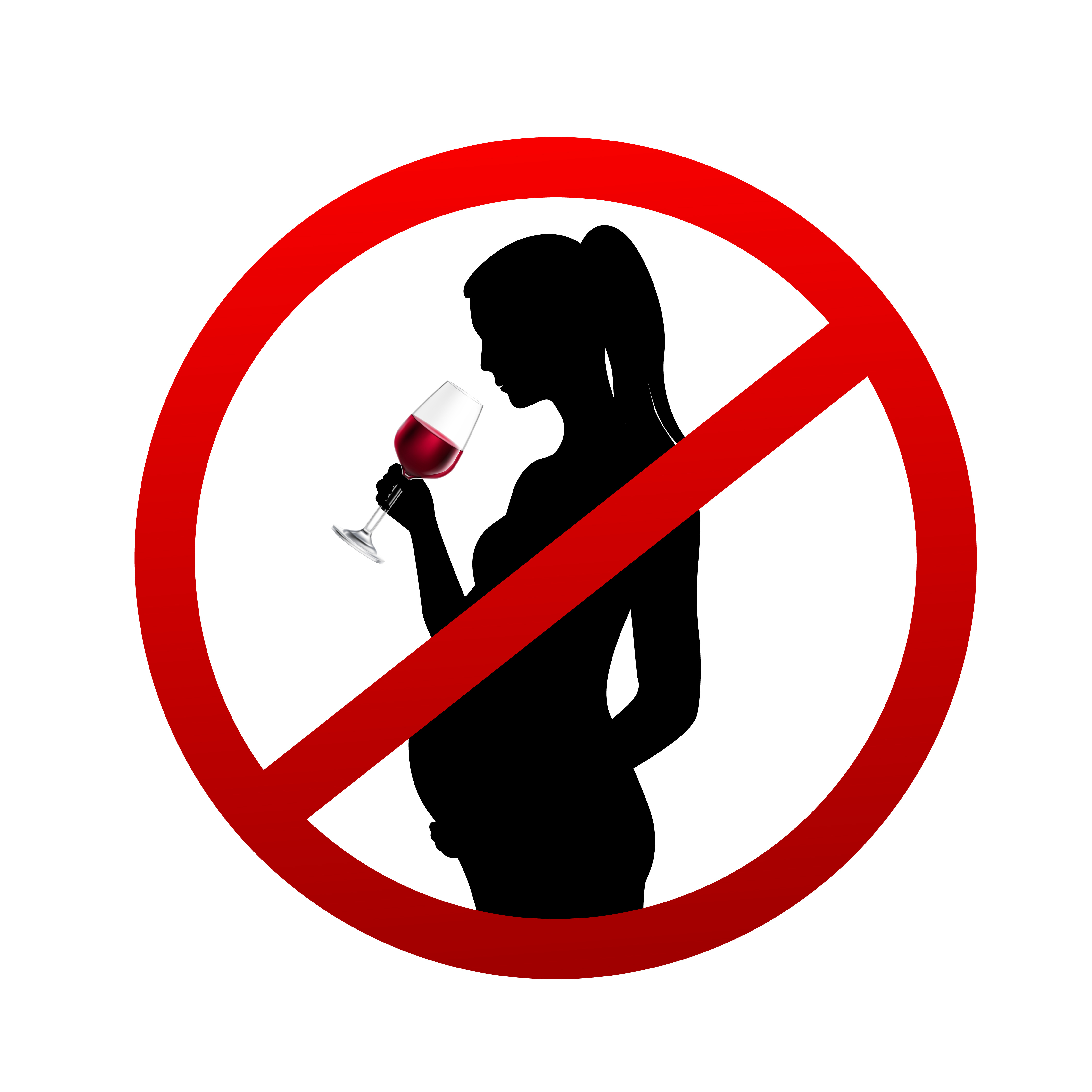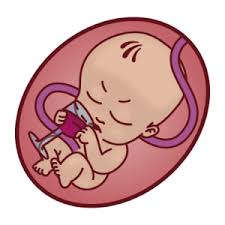
Congratulations, you’re pregnant! It is important to realise that everything you eat and drink influences your baby’s development, and that includes alcohol and recreational drug use.
This section offers you some tools and information to help you consider the risk of alcohol consumption in pregnancy and decide what’s best for you and your baby.
Assessing your alcohol intake
Use this QUICK TEST to assess your alcohol use and the impact on your health and your baby. Complete the alcohol MOT questionnaire to check if your alcohol intake is putting your health at risk. Alternatively complete the ALCOHOL AUDIT on the Alcohol and You website
If your MOT/ Audit score is high and you want advice on the impact of alcohol on your health contact your GP/Health Care Professional. Or find out about TREATMENT SERVICES AVAILABLE within the Southern Trust.

Is there a safe time to drink alcohol during pregnancy?
There is no safe time to drink alcohol during pregnancy. Your baby’s Central Nervous System, brain, major organs and limbs are developing throughout pregnancy. In the first trimester (12 weeks) the baby’s developing brain is most vulnerable to the damaging effects of alcohol. No alcohol is always the safest and best choice for your unborn baby. A safe alternative are MOCKTAILS.
Binge drinking and heavy drinking are very harmful to the unborn child. Heavy alcohol use can lead to impaired brain development. This could result in restricted growth and facial abnormalities, as well as lifelong learning and behavioural problems in your baby. Otherwise known as FETAL ALCOHOL SYNDROME (FAS). Regular ongoing drinking in pregnancy can lead to lesser forms of FAS known as Fetal Alcohol Spectrum Disorder (FASD).
What happens to my baby when I drink alcohol?
Alcohol can act as a poison and too much exposure to alcohol can seriously affect the baby’s development.
In early pregnancy the baby’s brain and major organs including its liver and kidneys are developing. When you drink alcohol it reaches the baby through the placenta. This means when you drink, your baby drinks. But the baby’s body cannot process alcohol as fast as yours can, due to a lack of an effective blood filtration system and an under developed liver. A baby’s liver is one of the last organs to develop and does not mature until the latter half of pregnancy. The baby is therefore is exposed to greater amounts of alcohol for longer than you are.
Your baby’s developing brain can be damaged by alcohol. Alcohol can have a toxic effect on the fetus, especially in the brain where it kills cells. Developing cells and organs can also be affected. Think about it: would you give alcohol to your toddler whose brain is more developed than your unborn? Then why would you give alcohol to your baby? All mums want what’s best for their children.
Is there a safe amount of alcohol I can drink?
Department of Health (DoH) Alcohol in Pregnancy Guidelines state:
- If you are pregnant or think you could become pregnant, the safest approach is not to drink alcohol at all, to keep risks to your baby to a minimum.
- Drinking in pregnancy can lead to long-term harm to the baby, with the more you drink the greater the risk.
The risk of harm to the baby is likely to be low if you have drunk only small amounts of alcohol before you knew you were pregnant or during pregnancy.
If you find out you are pregnant after you have drunk alcohol during early pregnancy, you should avoid further drinking. You should be aware that it is unlikely in most cases that your baby has been affected. If you are worried about alcohol use during pregnancy do talk to your doctor or midwife.
What can I do if I find it hard to give up alcohol?
If you are pregnant or thinking of becoming pregnant and find it difficult to give up alcohol, be assured you are not alone. Pregnant women and women trying to conceive should avoid alcohol altogether. Ask your midwife, health visitor or GP or someone you trust for help. For further information visit www.alcoholandyouni.com/if-you-take-it-i-take-it-brief-advice-tool/
The Southern Health and Social Care Trust provide a Substance Liaison Midwifery Service which is an easily accessible and friendly service which promotes a positive pregnancy and birth experience for woman who are concerned regarding their use of substances during pregnancy. The Substance Liaison Midwife can be contacted at Mobile 077 8533 2988 or Tel: (028) 3756 1330.
How will drinking while breastfeeding affect my baby?
Breastfeeding gives your baby the best possible start in life and it has lots of benefits for a mother and her baby. Breastfeeding also helps mothers build a bond with their baby both physically and emotionally.
Alcohol passes freely into breastmilk and also affects its taste. Moderate to heavy alcohol consumption can cause harm to the breastfeeding baby, making a baby sleepy, drowsy and lead to slow weight gain. Alcohol consumption when breastfeeding can also affect a mother and baby’s ability to breastfeed. Guidance surrounding alcohol intake and breastfeeding can be found at www.breastfeedingnetwork.org.uk/
Impact of substances on you
As well as being a time of joy and excitement, the first few months after giving birth can also be difficult and demanding. Sleep deprivation, endless feeding and changing routines, emotional ups and downs, can leave you feeling tired and drained. But heavy drinking will leave you feeling a whole lot worse. Although it may help you feel more relaxed at first, drinking too much at this time will make you more irritable and low. This will make it harder to cope with the constant attention that your baby needs.




